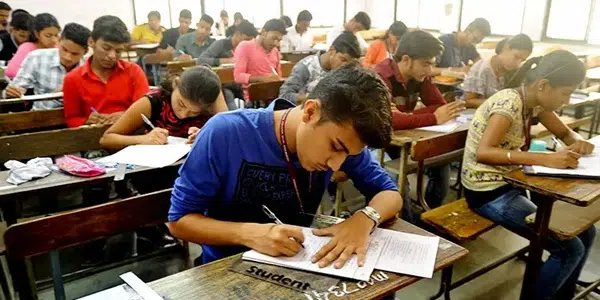
Is CGPA a fair evaluation criterion for campus placements?
Parents’ obsession with high grades, top rankings, and full marks has been the benchmark for evaluating a student’s potential in India. Cumulative Grade Point Average or CGPA is commonly used in educational institutions, especially in India, to assess student performance. It measures a student’s overall academic performance, calculated by averaging the grade points earned in all subjects/courses attempted. It has ruled our education system for far too long. For many years, it has stood as an ultimate decision-making criterion, somehow cementing the probability of whether the aspirant will make it to the workforce or not.
Is that still the case, though? Can your CGPA assure you of a job in today’s competitive job market? More than 70% of students concur, per our most recent survey, that a strong CGPA shouldn’t be the sole prerequisite for employment placement. While a high CGPA may open doors, it is far from the only deciding factor.
Scores are important
Undeniably, a good CGPA can get an aspirant invited to written examinations and interviews during campus placements. A low CGPA may not indicate a lack of intelligence or competence. Variables, including personal circumstances, family duties, and ineffective exam approaches, can cause lower scores.
After the initial shortlisting, other parameters—such as interview performance, skill sets, and a desire to learn—take centre stage. Students with average GPAs consistently outperform their counterparts in placements. These students are often motivated by a strong desire to study, supplemented by real-world experience or hands-on initiatives outside their academic curriculum. Ultimately, recruitment decisions are impacted by far more than academic performance.